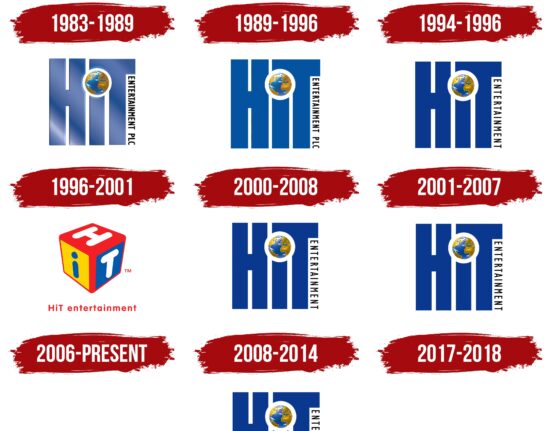In the heart of Paris, where the Seine River gracefully flows and the Eiffel Tower stands tall, a storm is brewing within the corporate world. HSBC, one of the world’s largest banking and financial services institutions, recently announced plans to trim its workforce in France by a significant 10%. The news sent ripples of concern among employees and stakeholders alike, painting a picture of uncertainty and apprehension in an already challenging economic climate.
Employee Uncertainty
The announcement came as a shock to many employees who have dedicated years of their lives to the bank. “It feels like we are being left out in the cold,” remarked one long-time employee who preferred to remain anonymous. The looming prospect of job cuts has cast a shadow of doubt over the future stability of those working tirelessly within the organization.
As whispers of restructuring and downsizing reverberate through office corridors, employees find themselves grappling with feelings of insecurity and unease. The fear of potential layoffs has sparked conversations about career prospects and alternative employment options among colleagues who once shared camaraderie over coffee breaks.
Impact on French Economy
Beyond individual concerns, HSBC’s decision has broader implications for the French economy. With unemployment rates already a pressing issue in the country, any significant reduction in a major corporation’s workforce sends ripples through various sectors. The move could potentially add strain to an already delicate economic ecosystem.
Experts suggest that such actions by multinational corporations could influence investor sentiment and overall market confidence. As France navigates through economic challenges exacerbated by global uncertainties, developments within key organizations like HSBC can serve as indicators for broader trends affecting both local and international markets.
Corporate Strategy or Cost-Cutting Measure?
While HSBC positions this move as part of its strategic realignment efforts aimed at optimizing operational efficiency, questions linger about whether it signifies mere cost-cutting measures under the guise of restructuring. Analysts speculate on possible motivations driving this decision and its long-term implications for both the company’s bottom line and its reputation among consumers.
Industry insiders note that organizational changes within large corporations often reflect evolving market dynamics, technological advancements, regulatory requirements, or shifting consumer preferences. However, striking a balance between adapting to external forces and safeguarding employee welfare remains crucial for sustaining long-term growth while fostering trust within organizational ecosystems.
As discussions around HSBC’s workforce reduction continue to unfold amid mixed sentiments from employees, stakeholders eagerly await further clarifications from top management regarding implementation timelines and support mechanisms for affected staff members. The coming weeks will undoubtedly shed more light on how this transformation shapes up within both internal operations at HSBC France and its external perception across industry landscapes.
Navigating uncharted waters amidst workforce reshuffles poses challenges not just for organizations but also for individuals whose livelihoods intertwine with corporate strategies. While uncertainties loom large on the horizon following such announcements, resilience emerges as a guiding beacon for weathering storms brought about by shifts in employment dynamics – reminding us all that even amid change, opportunities for growth and adaptation await those willing to embrace them wholeheartedly.








Leave feedback about this